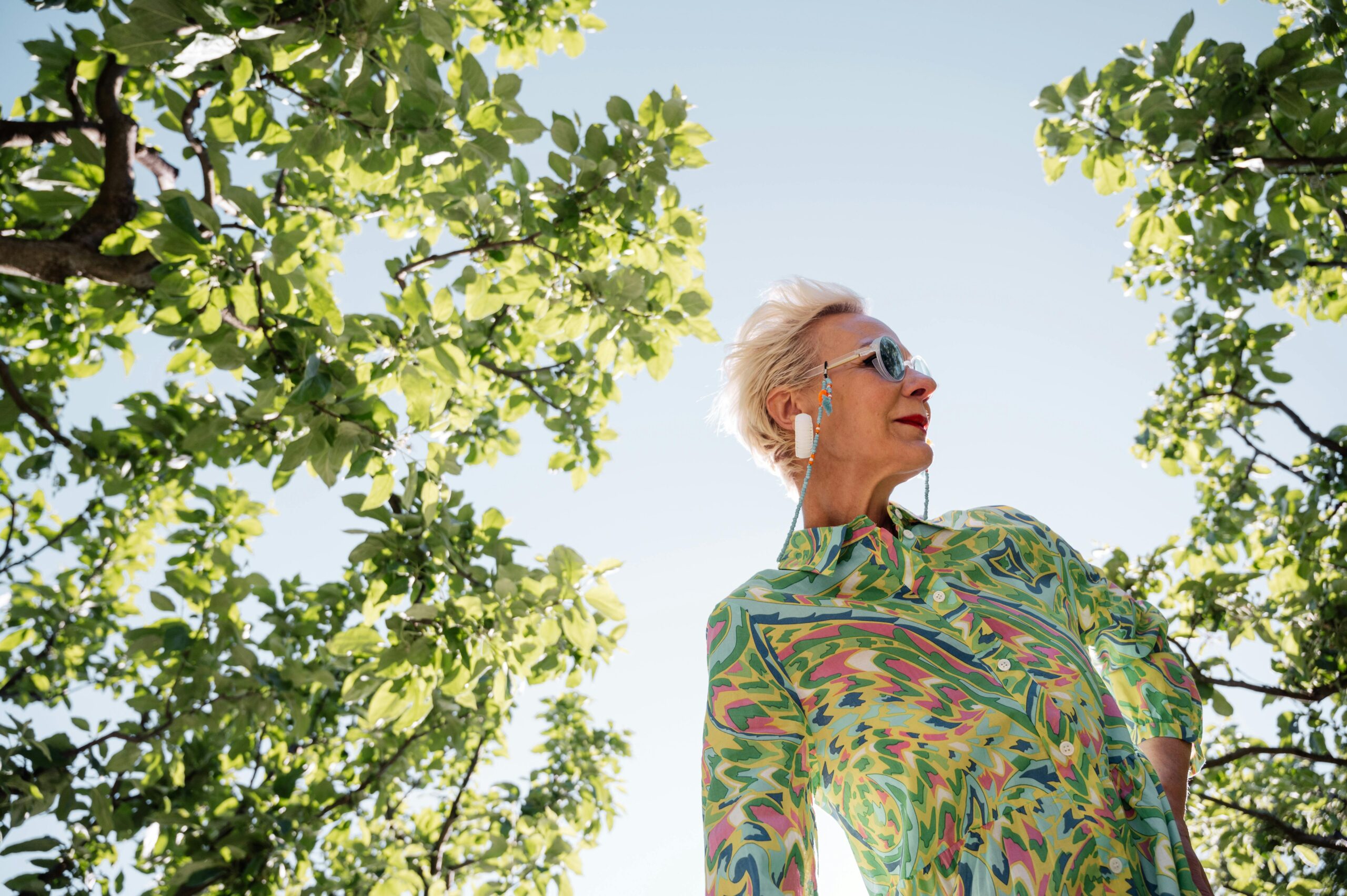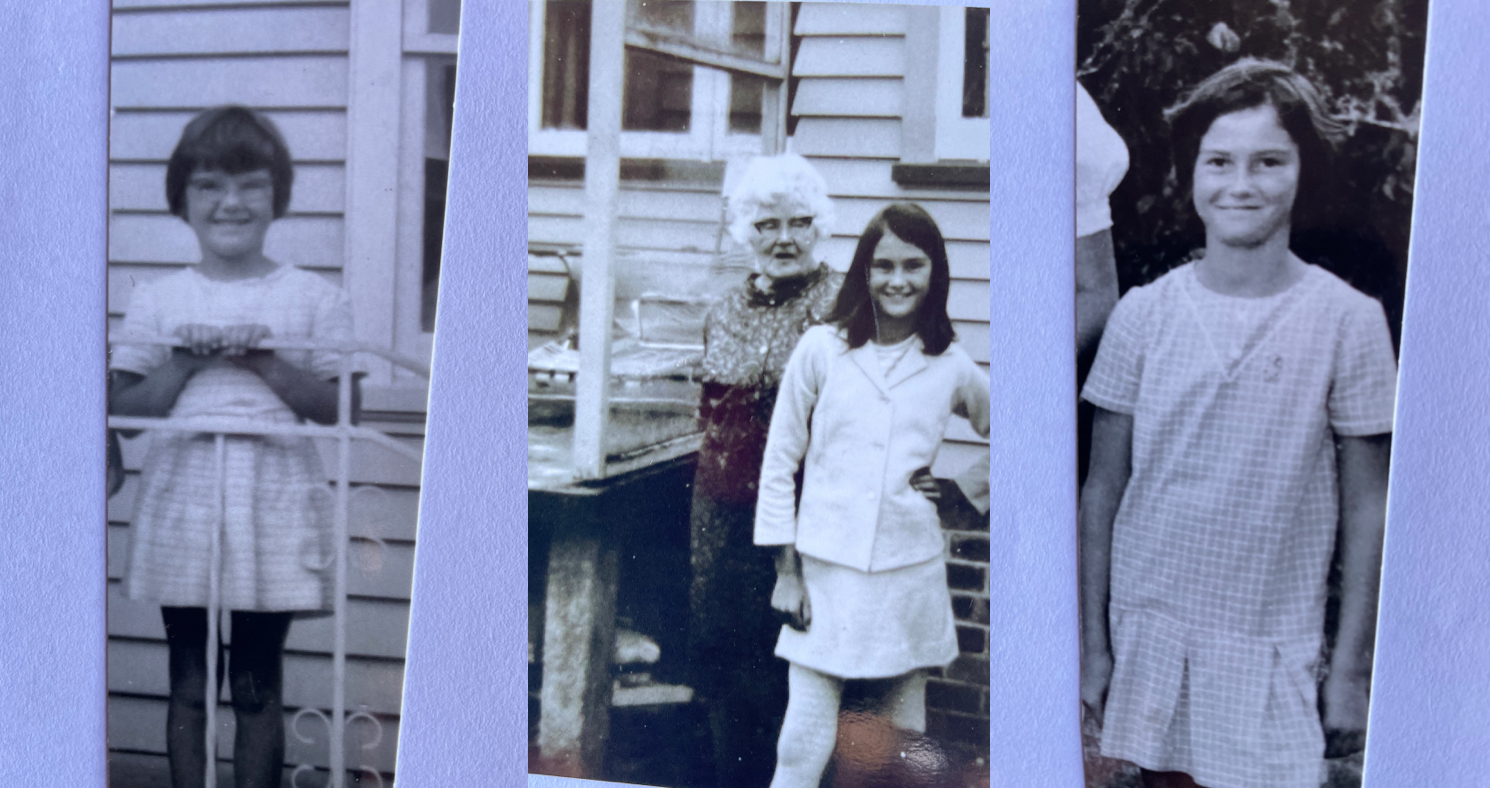
By Yana Spencer
I moved to the Middle East five years ago, having previously lived and worked on women’s empowerment projects in South-East Asia, Europe, Africa and the Balkans. I was ready to roll up my sleeves and begin some hard work. According to the World Economic Forum’s Gender Gap Report 2022, it will take a whopping 115 years to close the gender gap in the Middle East and North Africa; so my expectations of female power in the region, both inside the home and beyond it, were low.
Back then, little did I know of the journey I was about to embark on – meeting warm and hard-working women, determined to smash the glass ceiling, who would teach me some important lessons.
Lesson #1: Hard work pays off.
In 2020, the highest percentage of female literacy in the Middle East and North Africa (MENA) region was in Jordan at about 97.8 percent. Eleven countries have attained a literacy rate of 90% and over, well above the world average of 87.6% (Jordan, UAE, Bahrain, Syria, Qatar, Kuwait, Algeria, Libya, Saudi Arabia, Oman, Tunisia). The Middle East has a thriving tradition of learning and academic progress, especially for girls.
My female Omani friend, from a small village near Muscat, is in her late twenties and is the first woman in her family to hold bachelor’s degree. She worked extremely hard, spending evenings and weekends studying non-stop to win a government scholarship to study finance and has often told me stories of the intense competition she faced from other girls in achieving her dream. Her dad was very proud of her academic achievements and ring-fenced her studies, explaining to her future husband that her education had to come first; marriage could wait.
Looking back on years of hardship, even missing out on the fun during Eid festivals, my Omani friend says it was all worthwhile, as her qualification has not only given her access to stable employment but is also the ‘wind beneath her wings’; her self-confidence serving to inspire her nieces who are following her lead, pursuing their own career goals of becoming a teacher, doctor, and professional musician.

Lesson #2: Seize entrepreneurial opportunities.
Women make up a mere 19 percent of the workforce in the MENA region. A sobering statistic given the high rate of education among women and their desire to work. Despite facing challenges such as gender stereotyping, a lack of safe public transport, difficulties with childcare and scarcity of jobs in general, the women I have met are unperturbed, turning obstacles into opportunities – like those setting up women-led social enterprises.
Female entrepreneurship in the UAE alone grew 68 percent as the pandemic struck, according to LinkedIn data. While not many make it to the level of Huda Kattan (the woman behind the famous Huda Beauty brand), at a typical women’s gathering you will most likely taste some halwa (an Arabic sweet) and ice cream produced by a local women-led enterprise, use henna stickers printed by someone’s aunt’s small business, order some flower bouquet or sweets basket from your colleague’s hobby-turned-side-line business, and the majority of beauty salons are run by passionate beauticians rather than big name franchises.
I still refuse to buy oud from big shops, as nothing compares to those fragrances produced by small enterprises in Oman, run by a few women. Not forgetting that all the souvenirs I order come from a cooperative in the fishing village of Sidab, where local ladies support their families with newly learned crafts as well as offering the best hospitality experience. They refuse to be just another unemployment statistic and rise to the challenge of making their businesses a success.
Lesson #3: Build a female support network.
The importance of the family as an institution in the Arab world is widely known and well-documented, but I was not aware of how strongly Arab women supported each other. No toxic competition or envy at all; they lift each other up. If you give birth, your friends will not only drop meals round to you, but also offer to look after your older kids or be your birth partner – without even having to be asked; they just turn up and get on with the job.
The same goes for sad events such as funerals and hospital stays – you can always count on your sister support network. I was lucky enough to be accepted into the Iraqi community of women. Their generosity, warm welcome and amazing spread of food they put on for any occasion is out of this world! My good friend, a native of Baghdad, is the local ‘agony aunt’. She is the biggest supporter of any women’s initiatives, available 24/7 as a counsellor for any family drama, and her female-only gatherings in her mejliss (Arabic for ‘sitting room’) have the same therapeutic power as an Oprah Winfrey show.
In Iraq in 2019, over 590 people committed suicide, and there were 1112 attempted suicides, 80% of them women. Given that in the Arab world there are still a lot of misconceptions and stigma associated with accessing any kind of psychological help, female support systems continue to play a vital role in helping people achieve a balance between their busy family and work lives.

Lesson #4: Insist on your right to choose.
According to UNICEF, every year 700,000 girls are forced into child marriage in the MENA region. Although the tradition of arranged marriage is very much alive in the Middle East, there is a clear distinction between forced and arranged marriages. An arranged marriage involves an introduction by a family member and the individuals have a choice at all times; the marriage only going ahead with the full consent of both parties. If a person feels pressured or is expected to marry against their wishes, this is a forced marriage.
In April 2005, Saudi Arabia’s grand mufti declared forced marriage to be against Islamic law and also said that “those responsible for it should be jailed”. Due to my work, before my move to the Middle East, I used to put the sign equal between two, but after attending a few wedding ceremonies, and interviewing my friends and their families, I have learned that arranged marriages often work, as do love matches, and both can also fail and end in divorce. The most important word here is ‘choice’.
My female Arabic teacher once confided to me that she dreads her visit home every weekend, as often there are a few suitors to turn away. After many months of such refusals, she had to admit to her family that her heart belonged elsewhere, and her parents agreed to a love marriage.
As to whether the newlyweds would live ‘happily ever after’ or add to the rising divorce statistics in the MENA region (nearly 50% of marriages in Kuwait end in divorce, and one-third of marriages result in divorce in Jordan, Lebanon, Qatar, and the United Arab Emirates), only time will tell, but I am happy to see women claiming their choices – in marriage, education, work, and personal development.


Yana Spencer is a journalist and women’s right activist, running Tamu Bakery – a social enterprise which empowers women and girls, who have been affected by gender-based violence, through baking therapy. You can visit the website to learn more: http://www.tamubakery.org
















